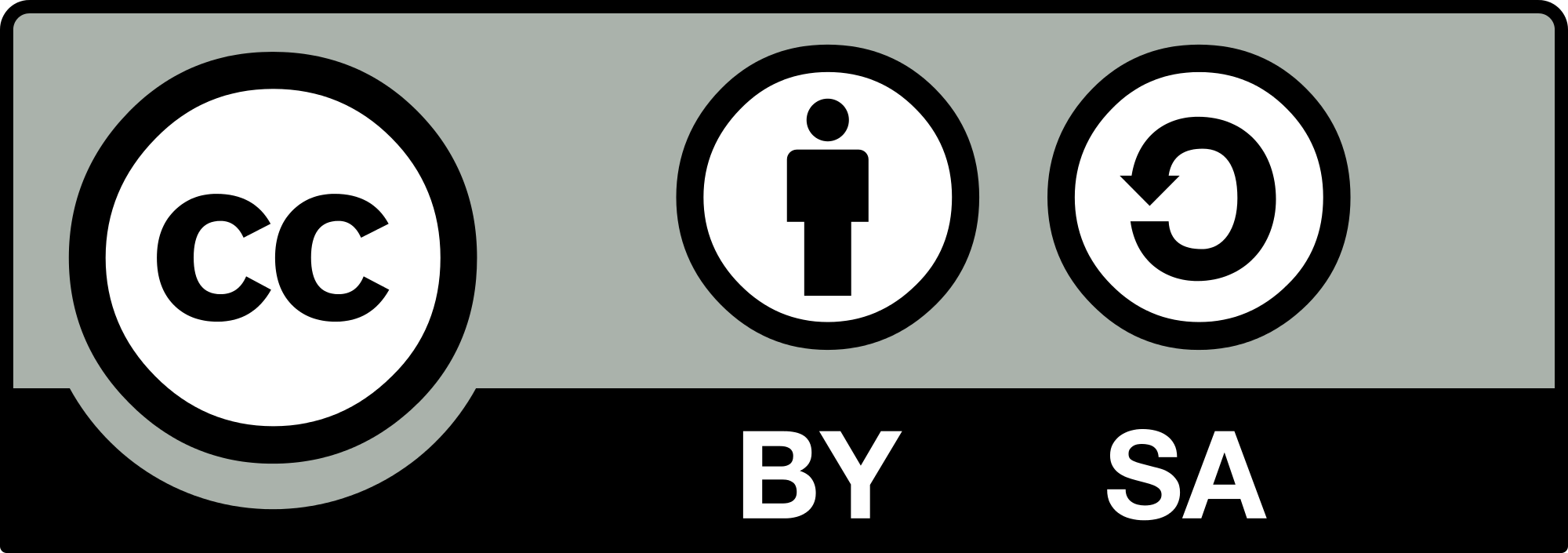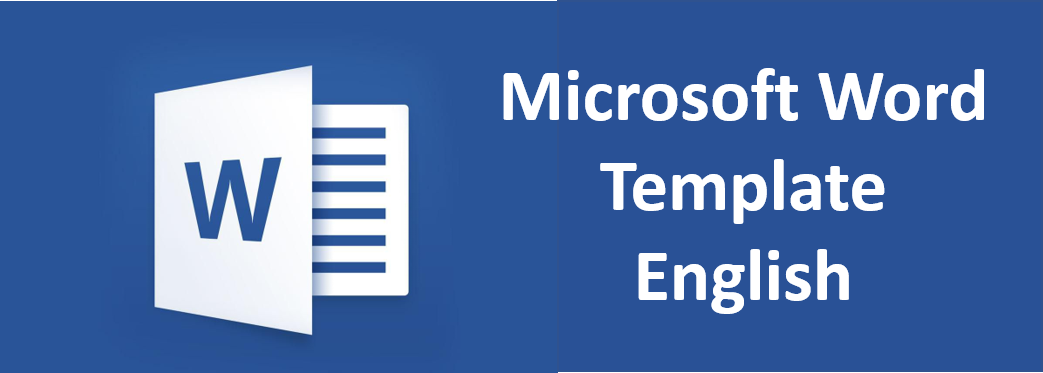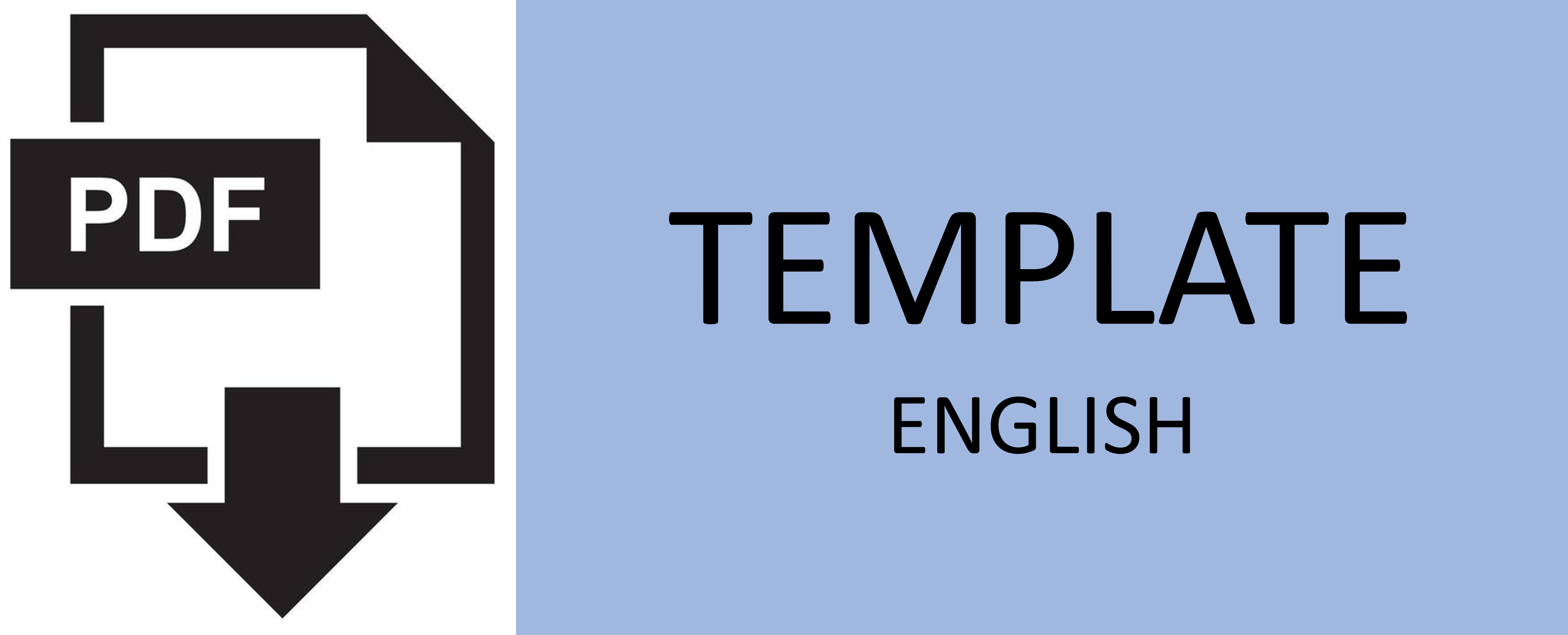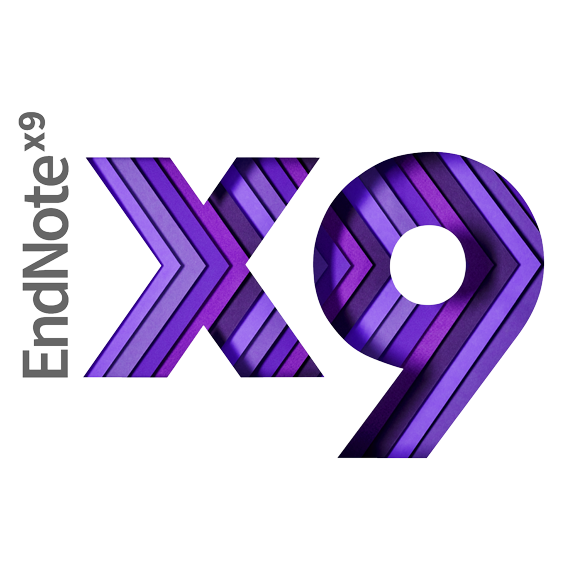- » Focus and Scope
- » Section Policies
- » Peer Review Process
- » Publication Frequency
- » Open Access Policy
- » Archiving
- » Article Processing Charges
- » Publication Ethics and Malpractice Statement
- » Screening for Plagiarism
Focus and Scope
The Journal of Civil Engineering (JCE) publish scientific article which is specific for civil engineering. JCE article must be written either in Indonesian or English languages. The focus and scope of the journal are:
1. Structures (High-Rise Building, Bridges, Long-Span Bridges)
2. Materials (Concrete, Steel, Fiber-Reinforced Concrete, Composites)
3. Hydraulics and Hydrology
4. Geotechnics (Foundation, Embankment Stability)
5. Construction Management
6. Transportations (Highways, Trains, etc.)
Section Policies
Articles
Peer Review Process
How many reviewers are assigned? At minimum, two reviewer will be assigned for each article.
How does the review process run? The review process is carried out using single blind review. The reviewer will appear anonymous while the authors name will be available for the reviewer.
Reviewer Reports: Reviewers will be asked to examine the submitted manuscript such that:
- The manuscript is original
- The manuscript has been written in a coherent research methodology
- The manuscript follows the appropriate ethical guidelines
- The manuscript provides the results in a clear manner and the conclusions are written in concise form
- The manuscript provides references which are relevant to the work carried out by the author
It is expected that the submitted manuscript already has enough written language. Therefore, inside the peer review process, the reviewer will not correct on how the style of manuscript is written but will focus on the content of the manuscript. However, the reviewer may suggest corrections to the manuscript if the reviewer wish to do it.
How long does the review process take? Review process in the Journal of Civil Engineering takes approximately four weeks. Faster review process less that four weeks may be possible and is dependent on the reviewer responses. At least two reviewers will be assigned for each manuscript. However, if the reviewers report contradicts one another, additional reviewers will be added. In cases where it is difficult to find the second reviewer and the first reviewer report has proven to be complete and has convinced the editor, the decision could be made by the editor by solely considering the report from the first reviewer. The author will be notified by email about the Editor’s decision based on the recommendations made by the reviewers. In the reviewer’s reports, any recommendations and verbatim comments should be considered by the author. There is possibility that the revised manuscript that has been resubmitted to be returned to the initial reviewers which then again there is possibility for further request for another revision of the resubmitted revised version of the manuscript.
Final report: The final report which contains a final decision either to accept, revised or reject the manuscript will be sent to the author by email. In case there is a revision status required, the author is strongly recommended to revise the manuscript based on recommendations from the reviewers.
Editor’s Decision is absolute and final: In Journal of Civil Engineering, the reviewer will advise the editor on the quality of the submitted manuscript. The final decision to either accept, revised or reject the article is based on the Editor’s decision by considering the advice from the reviewer.
Becoming a reviewer for Journal of Civil Engineering: If at present you are not a reviewer of Journal of Civil Engineering and you would like to be considered as a reviewer, please contact the editor in chief. One of the benefits of becoming the Journal of Civil Engineering reviewer is to enable the opportunity to evaluate the latest work in your area of expertise earlier. In addition, you can directly contribute to improve the integrity and quality of the submitted manuscript which will be more useful for your research work community.
Publication Frequency
Journal of Civil Engineering publish two issue in a year. For each issue, at minimum, five articles will be published. The first issue will be published on May/June while the second issue will be published on November/December.
Open Access Policy
This journal provides immediate open access to its content on the principle that making research freely available to the public supports a greater global exchange of knowledge. The journal is licensed under the Creative Commons Attribution-ShareAlike 4.0 International License:
Attribution — You must give appropriate credit, provide a link to the license, and indicate if changes were made. You may do so in any reasonable manner, but not in any way that suggests the licensor endorses you or your use.
ShareAlike — If you remix, transform, or build upon the material, you must distribute your contributions under the same license as the original.
Archiving
This journal utilizes the LOCKSS system to create a distributed archiving system among participating libraries and permits those libraries to create permanent archives of the journal for purposes of preservation and restoration. More...
Article Processing Charges
Publication in the Journal of Civil Engineering does not require Article Processing Charge (APC).
Nevertheless, the author has a full responsibility of any charge/cost incurred as the result of preparing or proofreading his/her manuscript on personal initiative.
Publication Ethics and Malpractice Statement
Journal of Civil Engineering (JCE) is a peer-reviewed electronic international journal. This statement clarifies ethical behaviour of all parties involved in the act of publishing an article in this journal, including the author, the chief editor, the Editorial Board, the peer reviewer and the publisher (Institut Teknologi Sepuluh Nopember). This statement is based on COPE’s Best Practice Guidelines for Journal Editors.
Ethical Guidelines for Authors
Authors who submit a manuscript to JCE are confirming that the authors have read these ethical guidelines, agree to all the contents and have taken any necessary actions.
Content
With the submission of a manuscript to JCE, it is declared that the content of the submitted manuscript has been read and agreed by all the authors.
Ethics
JCE may reject submissions should if it is indicated that the work presented in the manuscript was not conducted within an ethical framework for publications. JCE complies to the pronciples and guidelines outlined by COPE.
Competing/conflicting interests
Declaration of any potential competing interests involving person or organisations should be written in the paper. Examples of competing interests include, but are not limited to, financial, professional and personal interests such as:
- Research grants (from any source, restricted or unrestricted)
- Relationships (paid or unpaid) with organisations and funding bodies including non-governmental organisations, research institutions or charities
- Membership of lobbying or advocacy organisations
- Personal relationships (i.e. friend, spouse, family member, current or previous mentor, adversary) with individuals involved in the submission or evaluation of a paper, such as authors, reviewers, editors, or members of the editorial board of an Inderscience journal
- Personal convictions (political, religious, ideological, or other) related to a paper's topic that may interfere with an unbiased publication process (at the stage of authorship, peer review, editorial decision making or publication)
Ethical Guidelines for Editors
When appointed. Editors in Chief and editors are provided with guidelines on the ethical management of the journal, submission, and the peer review process.
These guidelines include maintaining a balance of editorial boards, and the confidential and unbiased treatment of submissions and authors, amongst other responsibilities.
The Editor in Chief of JCE remains responsible for the final decision regarding acceptance or rejection of submitted manuscript.
In case of potential editorial conflicts of interest, the editors must communicate to the Editor in Chief. The editors may be replaced in the peer review peocess to avoid conflict of interest and to protect the inegrity of the peer review process.
Screening for Plagiarism
To avoid plagiarism, Journal of Civil Engineering do carried out screening for plagiarism using ithenticate once the paper is accepted for publication. In case where the individual plagiarism percentage is higher than 10%, the author will be asked for further revision.

Journal of Civil Engineering is licensed under a Creative Commons Attribution-ShareAlike 4.0 International License.







.jpg)